I tried the Google Pixel 7a – it makes Apple's iPhone SE look like a relic
Apple's iPhone SE (2022) looked long in the tooth when it launched – and now Google's Pixel 7a has retired it to relic-status

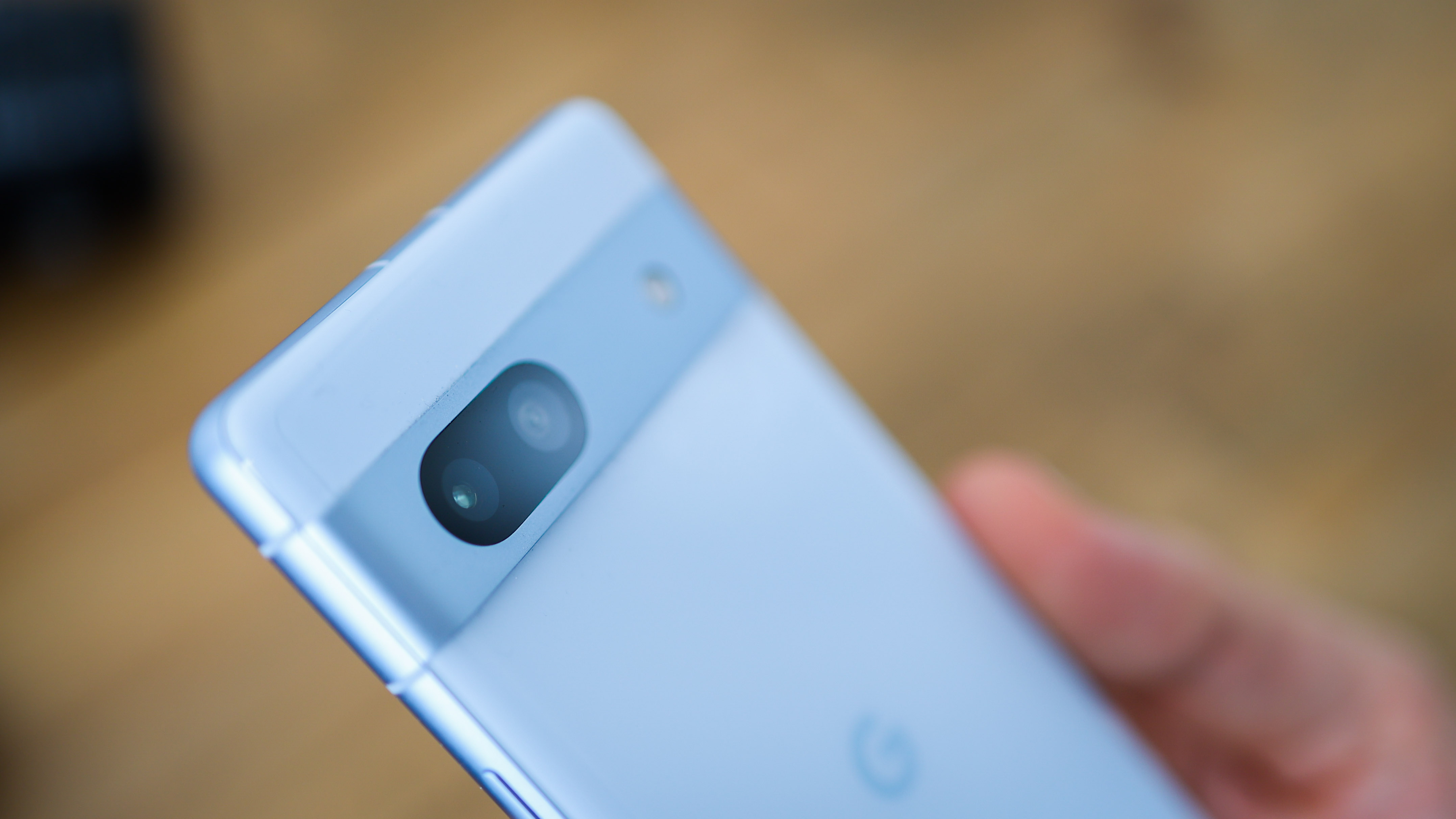
Once upon a time, the iPhone SE made sense. It was a compact, affordable option in a market of oversized or underpowered alternatives, and it was also dripping with welcome nostalgia factor. But that was back in 2016.
Fast-forward six years and we've seen one design iteration in the SE camp, while the rest of the smartphone world has leapfrogged ahead of Apple’s entry-level iPhone. And none do it with more gusto than the Google Pixel 7a.
Both phones cost £449 a piece, making them the most affordable current-gen options from each brand and direct competitors, but it’s taken just six days of me using the Pixel 7a for it to trounce Apple’s slimline but stripped-back alternative in my books.
Design: Style and substance
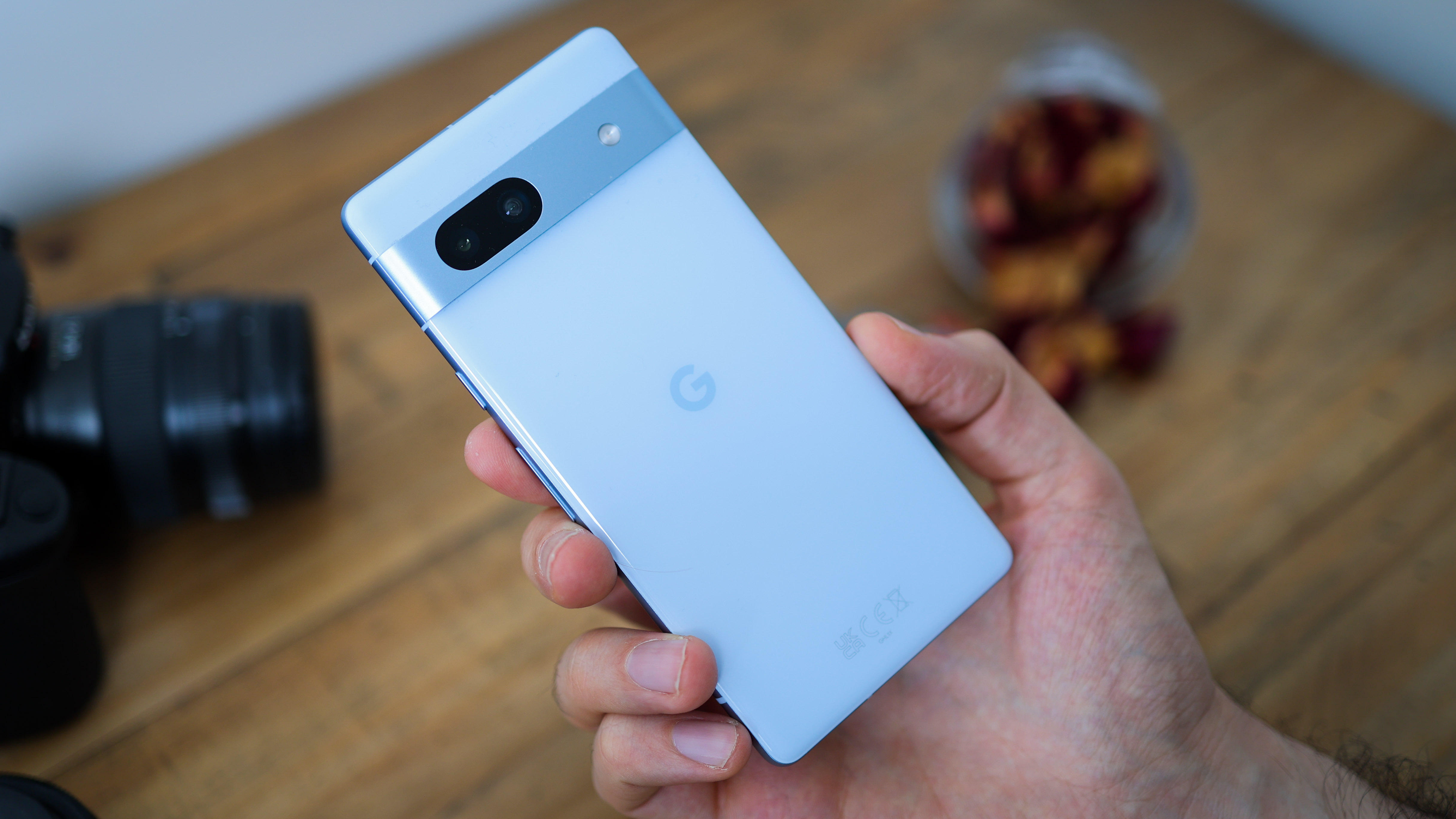
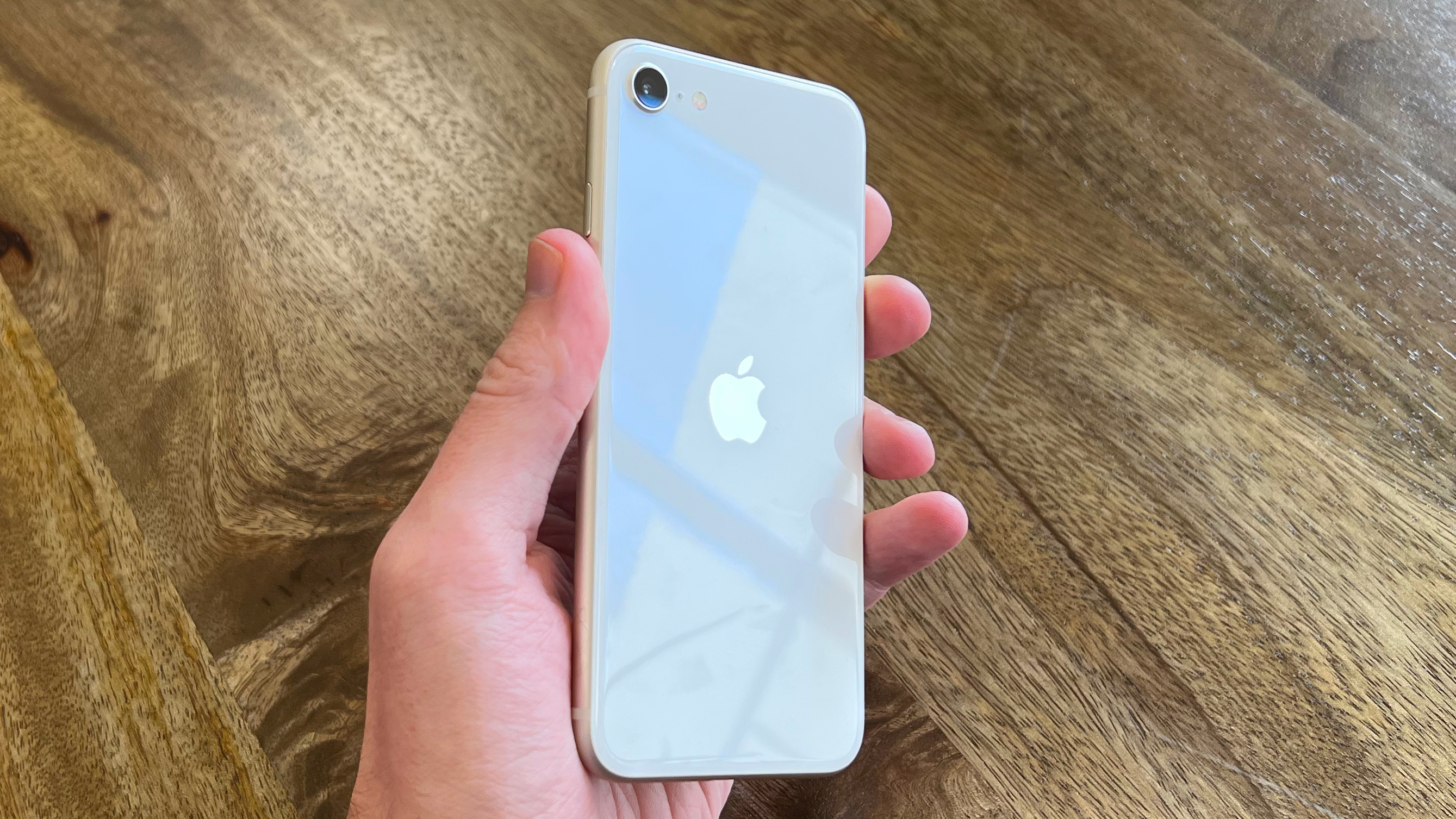

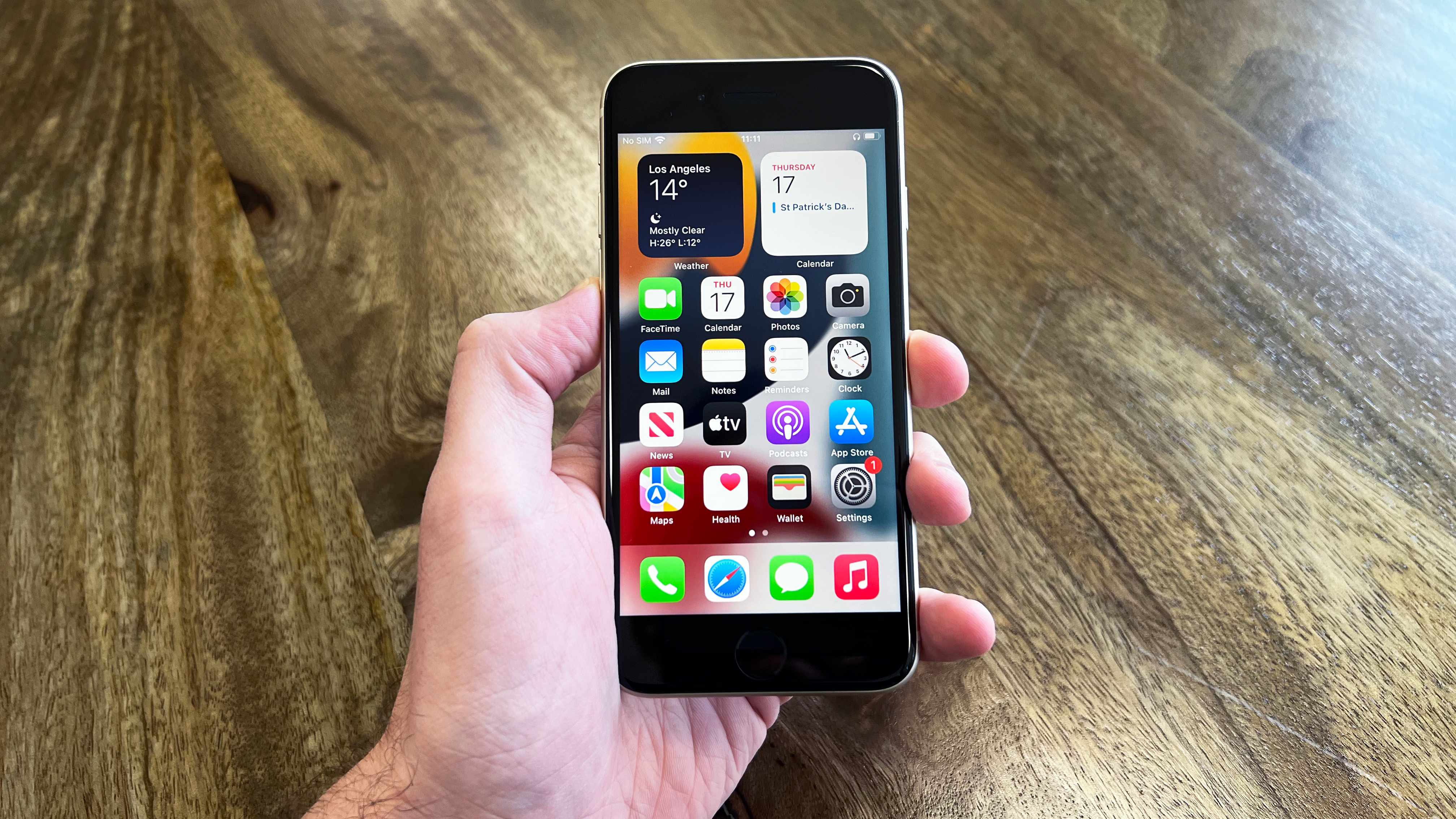
The first area Google's Pixel 7a bests Apple's iPhone SE is in its design. The playful Pixel brings back the same look as the Pixel 7, adding a couple of colours to the mix – Sea and Coral.
While the SE (2022) sports Apple’s 2017 iPhone 8 design, it can actually be dated as far back as 2014 if you don't flip it around and factor in its glass panel around the back, which is actually pretty sleek.
The SE's front, on the other hand, showcases big bezels, a below-the-screen fingerprint scanner, and a squat 16:9 screen. It just can't stack up to the Pixel's 20:9 display, comparatively slim strip of bezel framing the screen, and that in-display fingerprint scanner.
There are aspects of the iPhone SE I actually like – it’s very thin and lightweight – but the user-experience compromises resulting from its 7.3mm profile are just too great, especially when set against the specced-out Pixel 7a.
Get all the latest news, reviews, deals and buying guides on gorgeous tech, home and active products from the T3 experts
Screen: Bigger, smoother, brighter – better
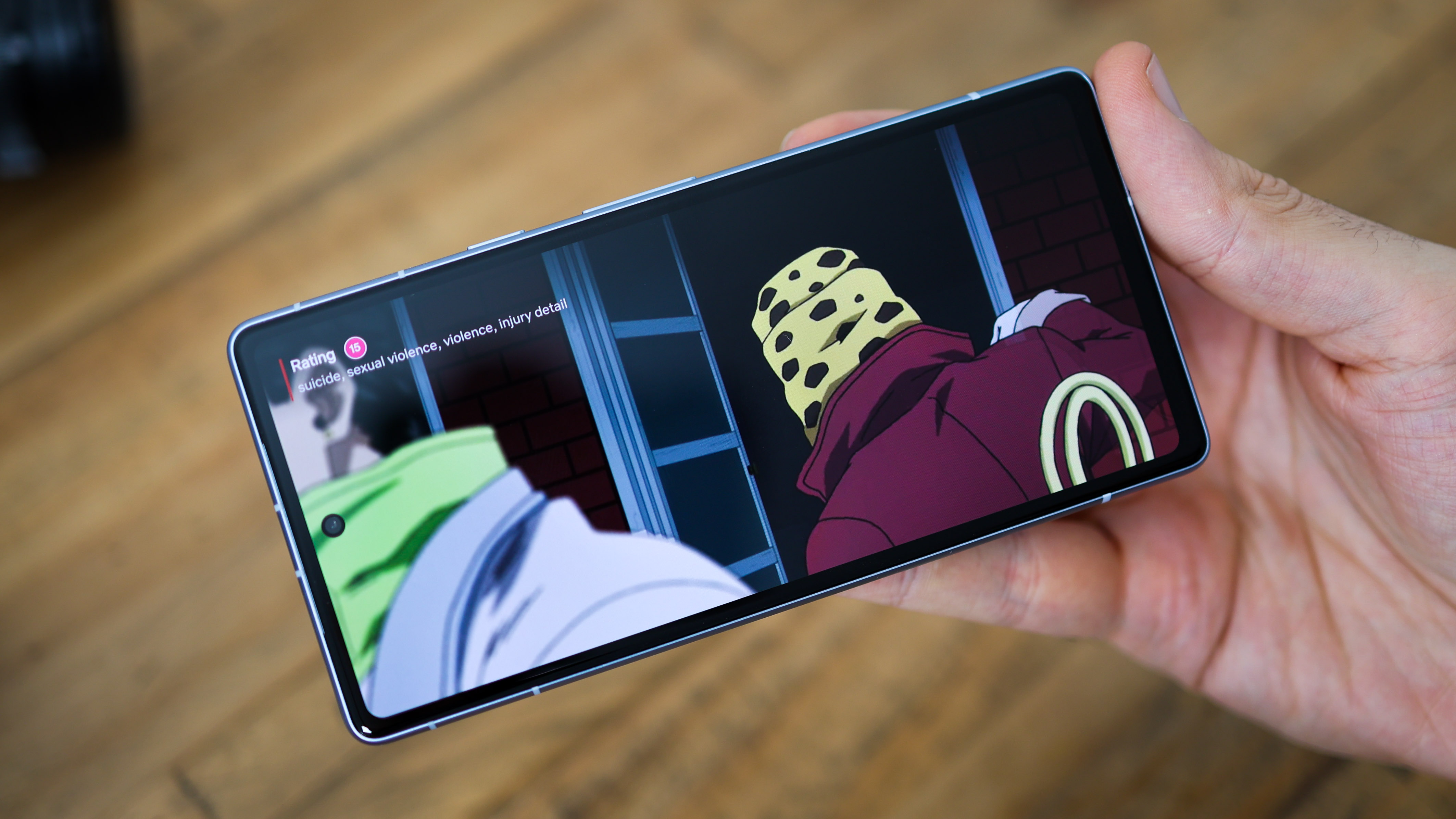
Google’s screen outranks Apple’s in every respect too.
Firstly, the Pixel 7a’s OLED display tech is punchier, deeper, and richer than the iPhone SE’s IPS panel. The 7a supports HDR10 high dynamic range and beams with a max brightness of around 1000 nits, while the SE (2022) caps out at 600 nits, so won’t showcase content with as much oomph, or be as easy to see outdoors.
Next up it's size. Here the Pixel 7a’s screen is 6.1 inches versus the iPhone SE’s 4.7-inch display. That makes the Pixel’s screen surface area around 50 per cent greater, giving you more room for watching, typing and swiping. Unless you're particularly keen on buying the best small phone then, well, the Pixel seems an obvious choice.
The final point when covering the screen differences is smoothness: the iPhone SE’s 60Hz panel smacks of 2015; meanwhile Google’s Pixel 7a levels up that number to 90Hz, which makes it look much smoother to the eyes.
A higher refresh rate means menus glide more seamlessly, feeds flow fluidly, and optimised games playback with superior frame rates. You don’t get higher than 60Hz in the Apple camp for less than four-figures of spend though, while Google delivers at far less than half the cost equivalent.
Battery: Double the size
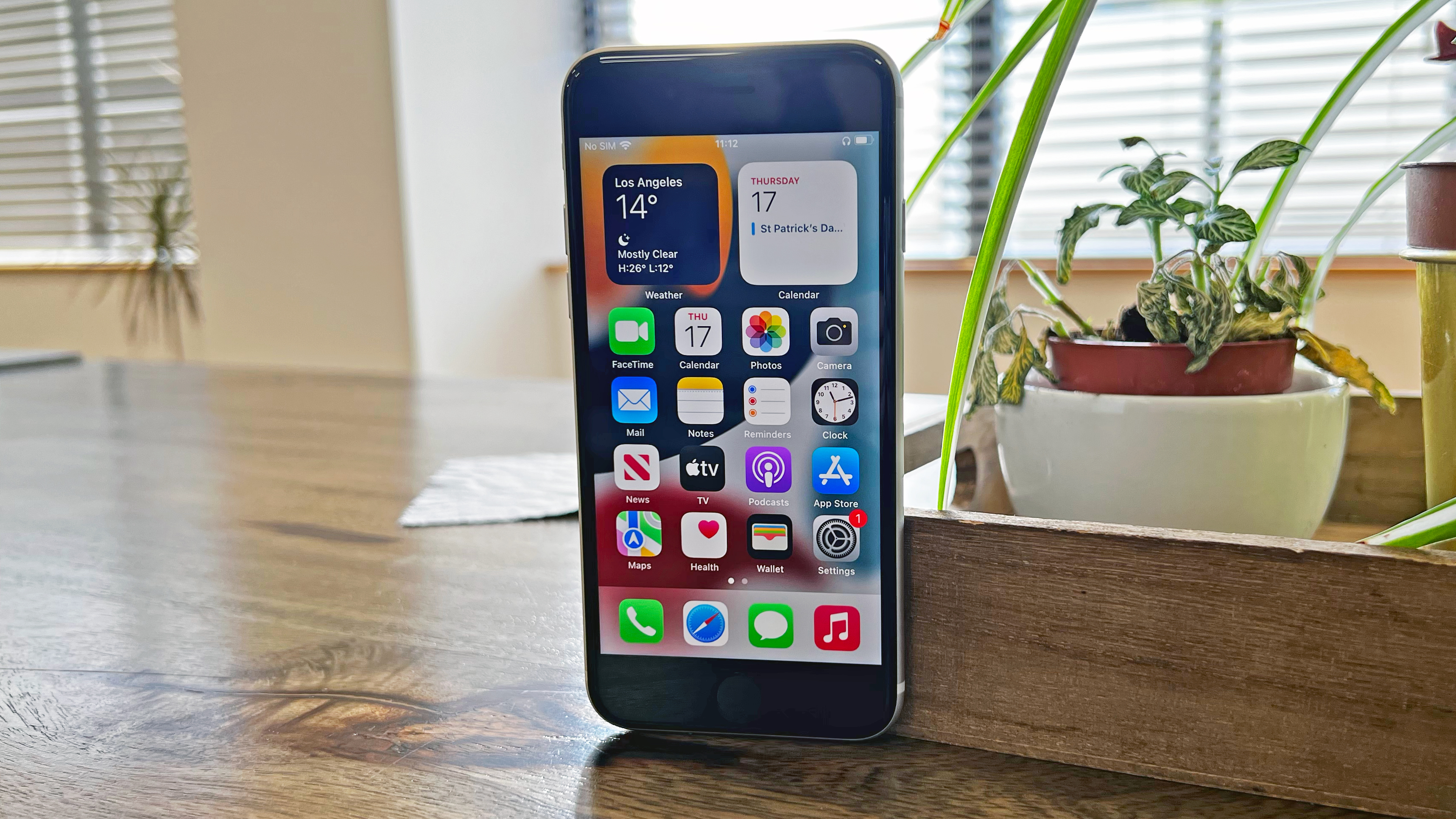
Now that Google has added wireless charging to the Pixel a-series, its battery outperforms the iPhone SE in every respect too. After all, the Pixel 7a’s battery is over double the size of the iPhone SE’s.
Getting down to numbers, the 7a’s 4385mAh cell is considered modest by modern-day standards, but it's gargantuan compared to the 2018mAh battery of the SE.
You could argue that the SE’s smaller screen saves it here, putting less pressure on the phone’s battery, and you would be right to a point. But the SE still has cutting-edge power, and in my time with it, it struggled to make it through a full day. The Pixel 7a, meanwhile, easily lasted from morning to night, even with moderate use.
Camera: No night mode?

The last and possibly most marked area the Pixel shows up the iPhone SE is in camera performance.
The iPhone SE has just one 12MP camera around the back. It’s a tiny 1/3-inch sensor, and its pictures are mediocre at best in all but great lighting. It doesn’t have night mode, it doesn’t capture Raw photos, and it doesn’t compete with other phones of a similar price.
The Google Pixel 7a doesn’t just compete with its peers, it bests them. Thanks to a massive 64MP 1/1.37" Sony IMX 787 sensor, it takes photos packed with detail and depth, while Google’s trademark Night Sight extends the shutter time to let more light in and take mighty photos in low light. Enthusiasts can even capture Raw photos to edit in Lightroom, making it one of the lowest-cost options that treads into advanced photography territory.
The Pixel 7a also has an ultra-wide camera, adding versatility to the mix that’s completely missing from the SE.
Take home
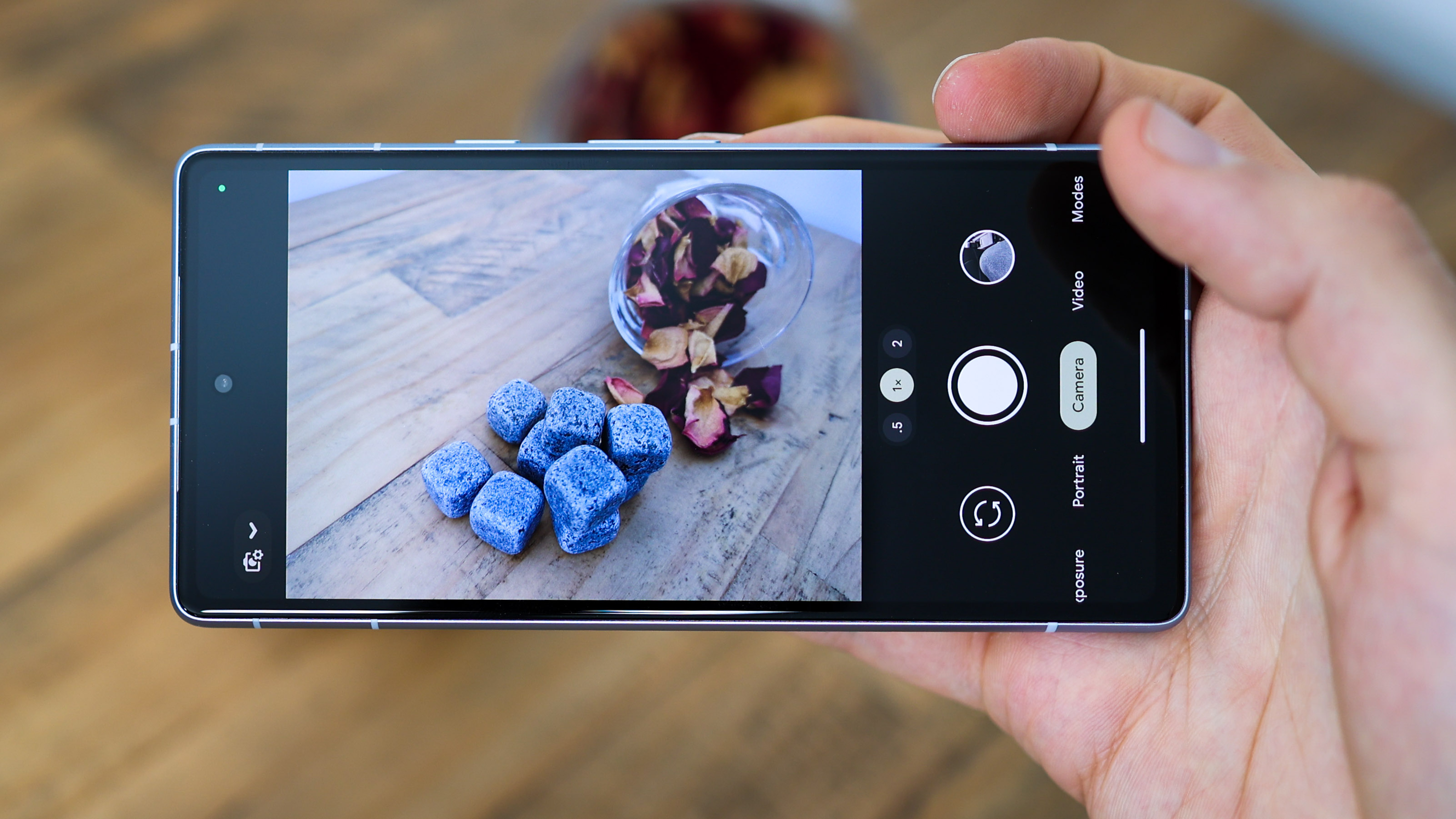
The Pixel 7a was announced in May 2023 and the SE launched in March 2022, so a fairer comparison would come later in the year between the 7a and the SE’s successor (if one launches this year).
In the same breath, Apple's SE (2022) hasn’t seen a price drop since it launched, the 64GB version costs £449/$379 – the same price as the 128GB Pixel 7a in the UK – so both phones are still direct competitors. All this shines a light on one key takehome: the SE hasn't aged well at all.
After all, what good is flagship power if you’re gaming on a low refresh rate, tiny screen? And how important is a waif-thin body if your phone doesn’t make it through a full day of remotely demanding use?
By contrast, the Pixel 7a is a triumph for Google. And so, as one-time fans of the SE line, enamoured with the idea of lowering the barrier to entry for the iOS club, it’s high time for Apple to up its 'budget' option if it wants to compete outside its own ecosystem.

Basil has been writing about tech for over 12 years, with bylines in TechRadar, Metro, Wired, and Digital Camera World – to name but a few titles. He expertly covers everything from mobile phones to smart devices, cameras, audio-visual hardware, and kitchen tech. In addition to his extensive journalism experience, Basil is also skilled in video production, content strategy, and vegan baking, and runs Tech[edit], a technology-focused YouTube channel.